Amazon is guided by four principles: customer obsession rather than competitor focus, passion for invention, commitment to operational excellence, and long-term thinking. We are driven by the excitement of building technologies, inventing products, and providing services that change lives. We embrace new ways of doing things, make decisions quickly, and are not afraid to fail. We have the scope and capabilities of a large company, and the spirit and heart of a small one.
Together, Amazonians research and develop new technologies from Amazon Web Services to Alexa on behalf of our customers: shoppers, sellers, content creators, and developers around the world.
Our mission is to be Earth’s most customer-centric company. Our actions, goals, projects, programs, and inventions begin and end with the customer top of mind.
You’ll also hear us say that at Amazon, it’s always “Day 1.” What do we mean? That our approach remains the same as it was on Amazon’s very first day – to make smart, fast decisions, stay nimble, invent, and focus on delighting our customers.
Visit Website

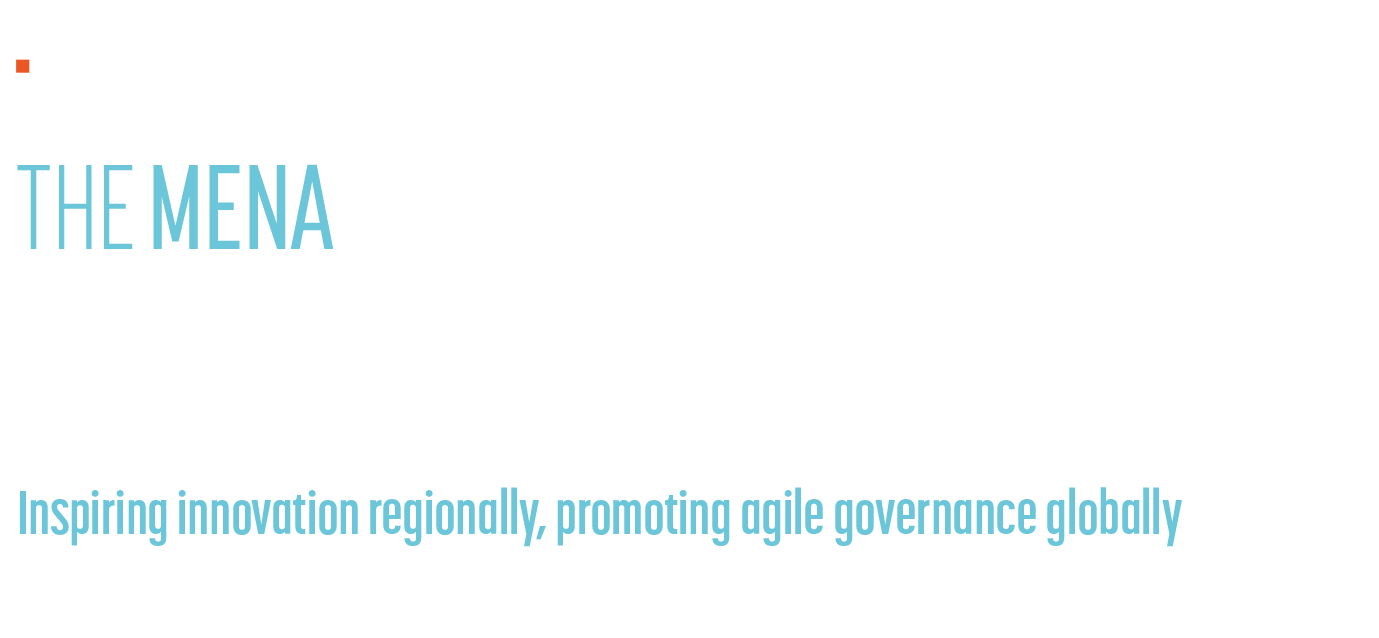





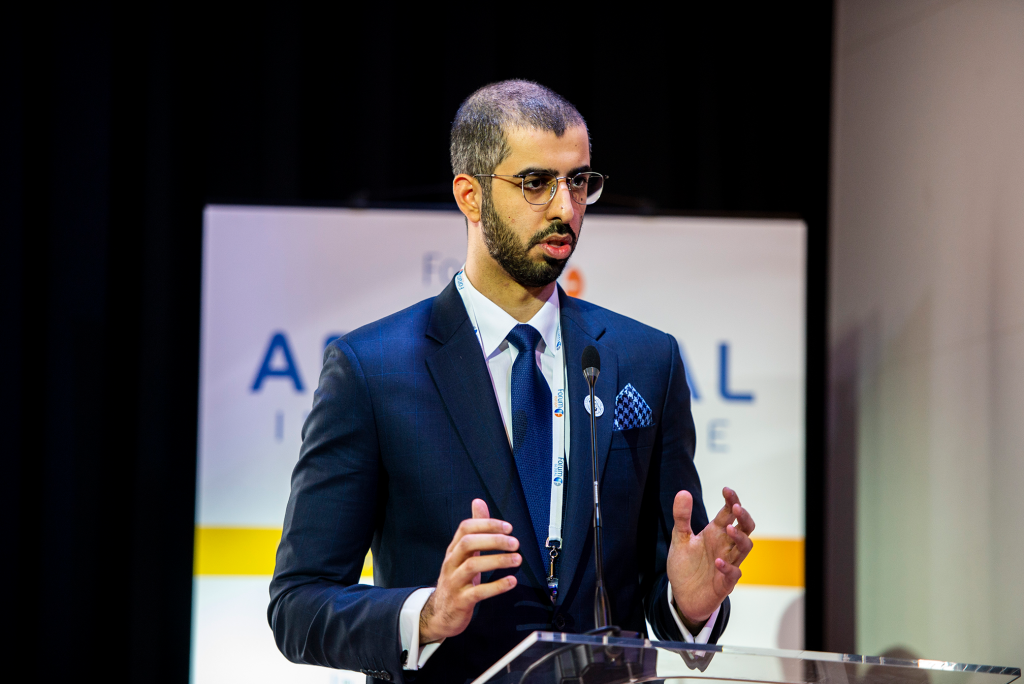
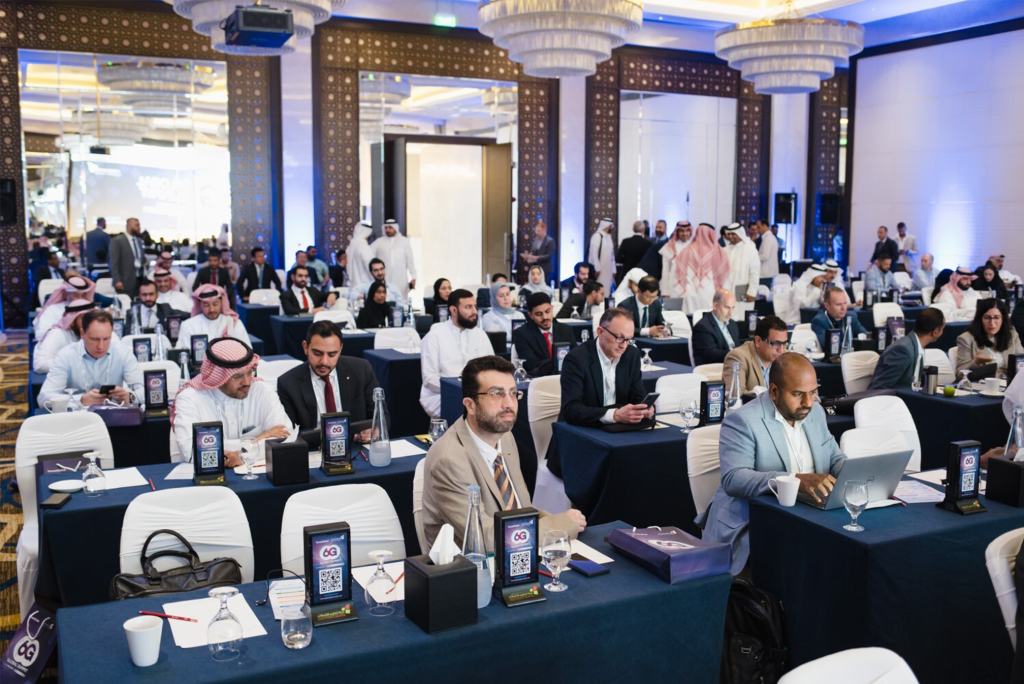
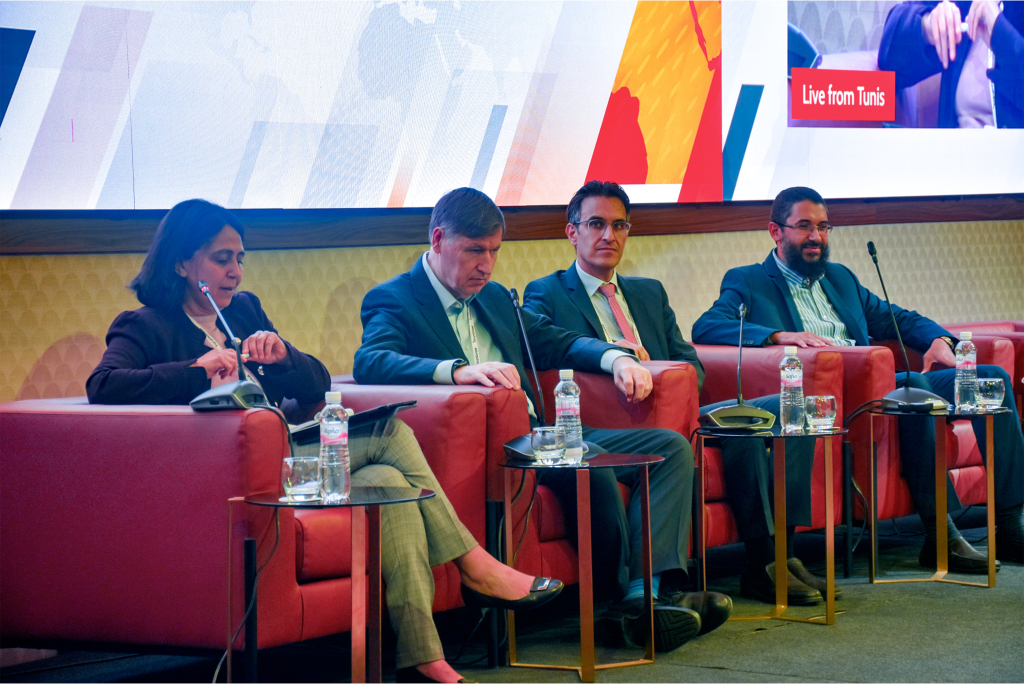
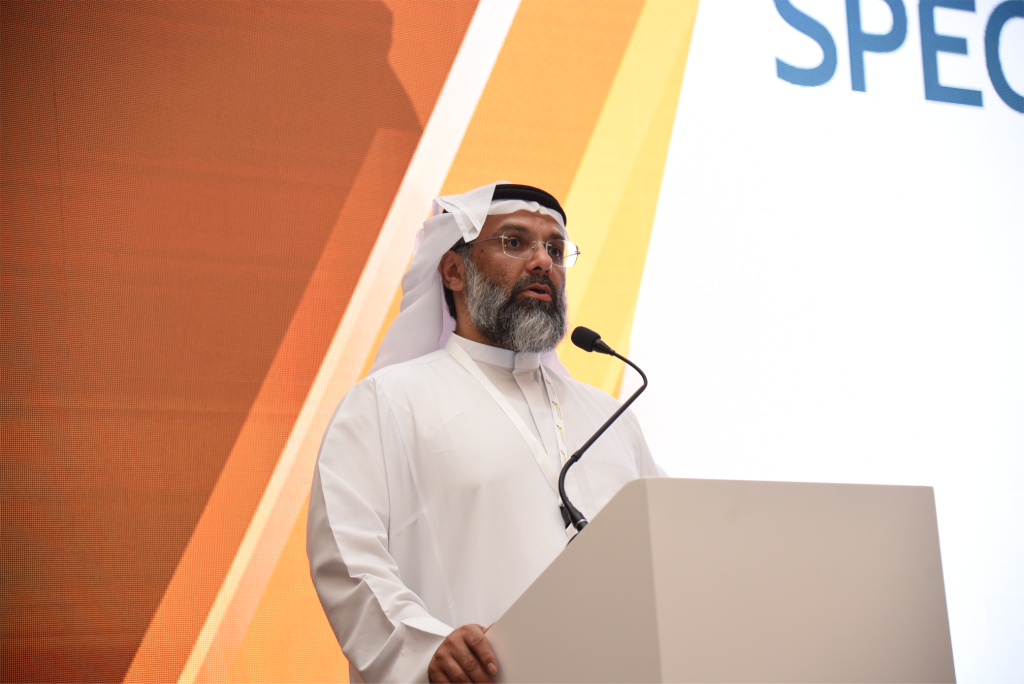








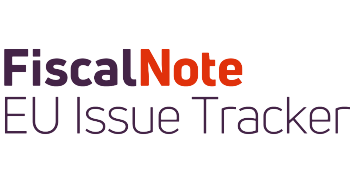

 Platinum Sponsor
Platinum Sponsor 



